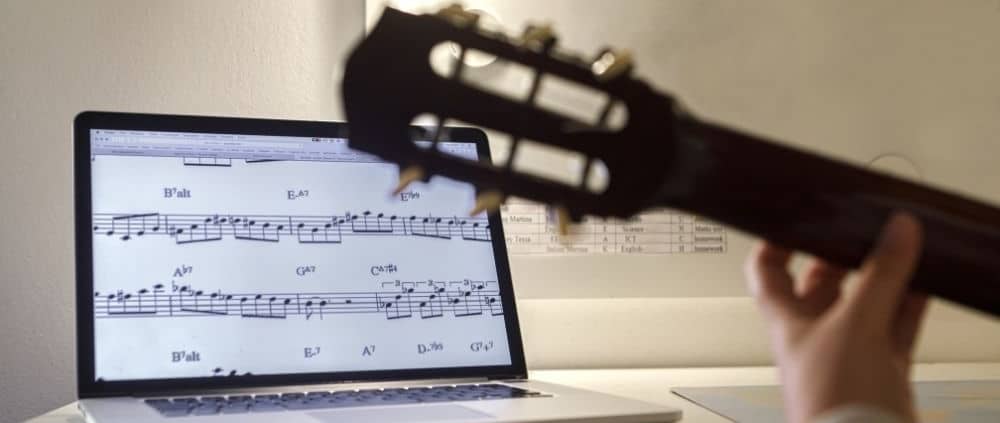Those of us who have had kids in school during the pandemic may have a mixed relationship with the idea of technology and education. We all appreciate how it makes learning possible, even without a physical campus. At the same time, all those little notification dings will probably haunt our nightmares for life.
For better or worse, technology is part of education now, and that includes music education. If we stop and examine the importance of technology in music lessons, we can appreciate how much of an impact it has made.
Acquiring Resources
The internet is a colossal collection of information. Granted, that collection often spits out information we wish we could unlearn. Still, that information often includes resources that are invaluable to music education. For example, the internet allows parents and students alike to find:
- Instruments and their parts
- Sheet music
- Recordings of backing tracks
- How-to guides
- Information on the historical background of songs
- Resources related to music theory
Technically, we could all learn how to play music without this wealth of information and resources. However, that would be like having a gourmet chef as a best friend and saying, “Nah, I think I’ll just stand in the kitchen with a spatula and some gouda cheese and figure it out on my own.” No matter how you feel about the internet, it’s still a fantastic learning tool.
Musical Modeling
From the time we’re little, much of the information we absorb, we learn from modeling. A baby listens to their parents say “mommy” until they can manage “mama.” A young athlete watches their coach swing a bat and tries to match their movements. The same is true in music, and fortunately, technology can help with that, too.
Our dutiful teachers are there to model how to hold a bow, do the fingering for a chord, or do a vocal run during lessons. When students are on their own for practice and away from the classroom, YouTube videos or a teacher’s own recordings can help reinforce these skills.
Promoting Lesson Accessibility
When it comes to reasons technology is important to music education, its ability to promote lesson accessibility is our favorite. In the past, if you didn’t live near a music school or have transportation, lessons weren’t an option for you. These days, online lessons make it possible to get a musical education anywhere with an internet connection. For students with limited resources, this remote option opens a world of creativity and opportunity they would otherwise miss out on.
We all have a different relationship with technology in education these days. When it comes to its use in music, we hope that our music schools in Portland, Oregon, can mend that relationship with top-notch online lessons in voice, piano, guitar, violin, and cello.










